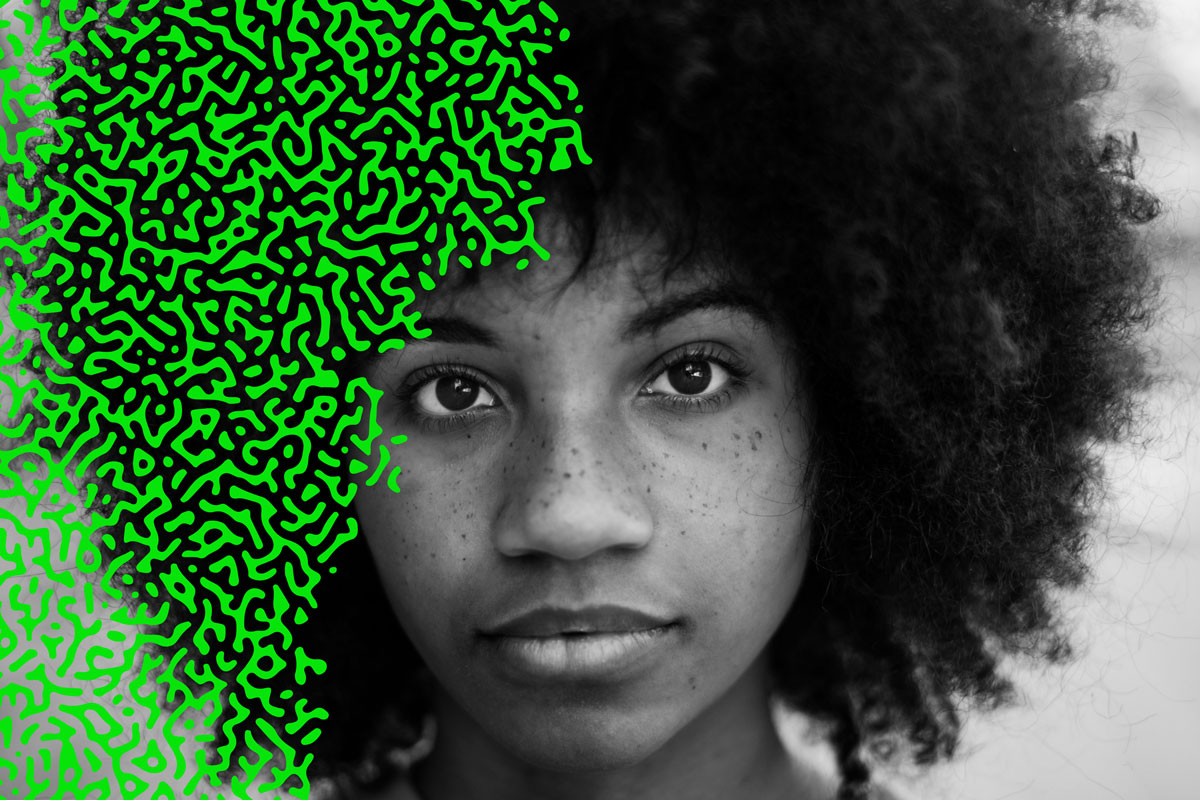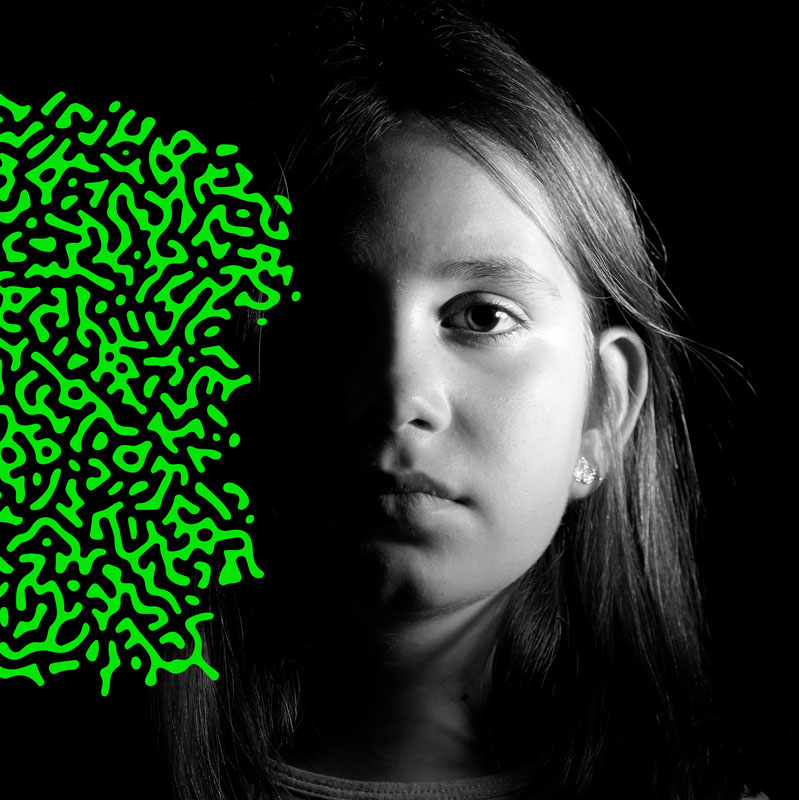End the youth mental health crisis. Now.
Join us. We are the only organization focused on creating a working system of youth mental health care. But we can’t do it alone.

Everyone knows this country is facing a youth mental health crisis of pandemic-sized proportion and yet, even as one of the wealthiest, most developed countries in the world we still don’t have a comprehensive system of youth mental health care.
Just Take a Look:
| Physical Health | Mental Health | |
|---|---|---|
| Available appointments | ✓ | – |
| Available insurance options | ✓ | – |
| An available # of Providers who take insurance/Medicaid | ✓ | – |
| An adequate # of Providers to deliver the care | ✓ | – |
| Community-based care options | ✓ | – |
| Phone triage and consult support | ✓ | – |
| Care coordination services | ✓ | – |
| A rigorous system of patient safety and quality protections | ✓ | – |
Failure by the Numbers
60.3%
6-in-10 youth with major depression receive NO mental health care
<10%
Less than 10% of our children and youth receive evidence-based mental health care
95%
Self-harm cases resulting in hospital admission almost DOUBLED from 2019 to 2021
Failure in the Impact

Without the infrastructure necessary to connect needed resources for mental health care, pediatric emergency departments across the country are filling up with kids in crisis. “The Wait to Nowhere: When a Crisis Goes Untreated” reveals an unspeakable reality: children living in the ER for days, weeks and even months at a time, awaiting dedicated care. This film explores the issue and touches on solutions. True stories are told by those living this nightmare, including hospitals that are caught up in a failed system, while lawmakers help lay out a plan to address the crisis before even more children’s lives are lost.
Click the link below to watch the full documentary on our YouTube channel.

Imagine being in the middle of the worst crisis of your life. You pick up the phone to ask for help and are told your wait time for care is six months and insurance doesn’t cover it. That is the current reality we are living in and it is unacceptable. There is no point in ending the stigma if the services aren’t there when people reach out for help. You can’t prevent suicide if there aren’t services to support mental health needs. You can’t stabilize kids in an emergency room and send them home to families who don’t know what to do next. We must pull together and create a comprehensive system of care to stop the downward spiral facing our youth. We must be able to access mental health care when and where we need it.
– Kristin Stark, Parent Advocate
